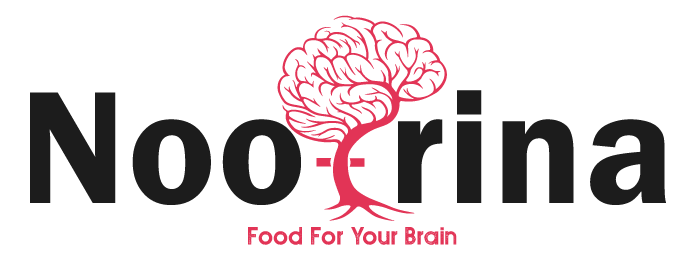How Does Adderall React With Caffeine?
Caffeine is a central nervous system stimulant that is found in energy drinks, coffee, tea leaves, cocoa, chocolate beverages and some over-the-counter medications used as pain relievers or for the common cold.
Using caffeine regularly for prolonged periods of time can cause dependence, though not as severe as that caused by some other addictive substances such as alcohol or illicit drugs.
Consuming coffee does cause a slight, temporary elevation of blood pressure and heart rate. It also causes insomnia especially if consumed in large quantities or late in the day. Caffeine creates a temporary surge in energy that is called ‘the high’ which is followed by a crash.
The anxiety and loss of energy that comes with the crash usually lead to consumption of more caffeine in order to get back the boost or the high. That can lead to dependence on caffeine.
Caffeine Withdrawal Symptoms
- Fatigue or lack of energy
- Anxiety
- Irritability
- Headache
- Difficulty concentrating
- Low or depressed mood
Adderall is a combination of two central nervous system stimulant drugs, Amphetamine and Dextroamphetamine. These ingredients affect neurotransmitters in the brain such as dopamine and norepinephrine, which contribute to hyperactivity and impulse control.
ADHD and ADD
Children and adults with Attention Deficit Hyperactivity Disorder (ADHD) and Attention Deficit Disorder (ADD) are usually put on stimulant medications such as Adderall and Adderall alternatives in order to curb symptoms such as inattentiveness and hyperactivity.
People who have ADHD and ADD are prone to self-medicating with substances such as caffeine, alcohol and street drugs, which give relief from their symptoms.
Children who use ADHD medications such as Adderall and Adderall substitutes tend to do better academically than children who have ADHD but don’t use medications. But in the long run, it can destroy them. In their 30s and 40s, they are likely to be battling issues such as anxiety, depression, and alcoholism.
By targeting the balance of neurotransmitters in the brain with stimulants, other neurotransmitters get affected. By increasing dopamine activity, serotonin activity gradually reduces hence the eventual onset of depression, anxiety, and alcoholism.
Managing ADHD Naturally
Balancing the brain chemistry without using stimulants might take effort and commitment, but it gives better long-term outcomes. Many children who are diagnosed with ADHD are people whose style of learning does not exactly fit in with the classroom model.
For example, a child who wants to spend all his time drawing or playing a music instrument rather than sitting in a mathematics class constantly get into trouble in school and eventually get diagnosed with ADHD.
Diet
Remove sugar and gluten from the diet as it causes blood sugar spikes leading to a drop in concentration levels when it is low and hyperactivity when it is down. Sugar interferes with brain function by interfering with neurotransmitters such as dopamine. Cut out caffeine as it gives a temporary high followed by a crash.
Stay away from junk food. They are high in sugar, salt and calories and low on nutrients. They worsen the symptoms of hyperactivity.
Diet rich in minerals such as chromium boosts mental focus and concentration. Avoid processed sugar and get sugar from real food like fresh fruits.
A diet that is rich in healthy protein, fat, and fiber is very helpful with people with ADHD and ADD. It needs to be high in fresh fruits, vegetables, nuts and seeds as well as organic meats, not those that are reared with growth hormones and steroids.
Omega 3 fatty acids are very helpful, so it is important to include adequate amounts of fish oil in the diet. Vitamin B complex such as B6 and B12 are very important in supporting the brain function and supporting the metabolism of carbohydrates.
Routines
Set routines and adhere to them. Ensure to get adequate sleep and rest every day. There are many people who will not get a good night’s sleep then they have to use stimulants to take them through the day. The body is not meant to be pushed that hard, or sooner or later it is going to burn out.
Engage in daily physical exercise to improve blood circulation and improve blood function. Practice deep breathing to saturate the cells with oxygen. Manage stress levels and learn how to handle stress correctly.
Use of essential oils
There are essential oils that have been found to alleviate the symptoms of ADHD and ADD such as vetiver, lavender, frankincense and cedarwood. A few drops of essential oil can be massaged on the temples and at the back of the neck, giving relief to the symptoms. They can be diluted with cold pressed oils such as coconut oil.
Conclusion
Accept diversity. Not all children learn in a classroom environment and neither can all of them excel in academics. There is no need of medicating children in order to make them fit into the classroom environment.

